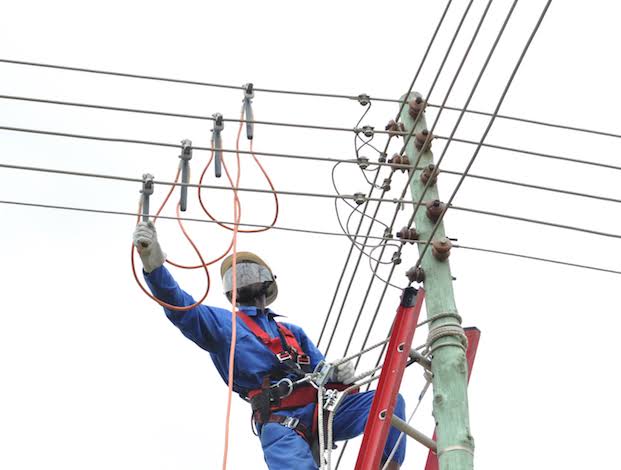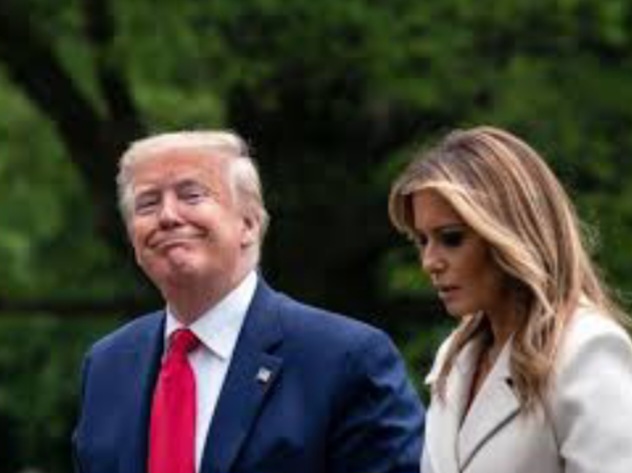The Managing Director of the Rural Electrification Agency (REA), Abba Aliyu, has said that Nigerians in rural communities enjoy a stable electricity supply and willingly pay for it, even beyond what Band A electricity consumers cough out.
There are communities, there are rural areas that pay more tariffs than Band A customers. There are areas where the tariff is close to N250 and N280,” Aliyu said on Channels Television’s The Morning Brief programme on Monday.
The REA boss said the electricity tariff paid by rural communities largely depended on the total cost of infrastructure deployed by his agency.
“They pay for their electricity and they enjoy it, but there are other areas where the tariff is less than Band A. It’s subjective on the total cost of infrastructure we deploy within those communities,” he said, adding that his agency explores solar energy as an economically viable model for power generation to rural communities.
He said the agency has completed scores of mini-grids and interconnected mini-grids for universities and general hospitals across the six geopolitical zones of the country.
READ ALSO:
Police Repatriate ‘Wanted Gang Leader’ To China
The Billionaire’s Contradiction: Femi Otedola’s Guide To Life He Didn’t Lead, By Feyi Fawehinmi
Yoruba Royal Rumble Retrogrades: Afenifere Backs Ooni, Ibadan Mogajis Berate Alaafin
6,458 Admission Seekers Risk Sanctions As JAMB Begins Probe
For decades, Nigeria, Africa’s most populous nation, has faced intractable energy challenges, no thanks to an epileptic power supply, which significantly affects productivity levels.
Despite the privatisation of the electricity sector, power generation, transmission and distribution have remained bogged with hydra-headed monsters of policy inconsistency, low investments and operational challenges.
In 2024, the Nigerian Electricity Regulatory Commission (NERC) approved the upward review of electricity prices. The increase saw electricity customers pay N225 kilowatt per hour from N66, a development that was heavily criticised by many Nigerians, considering the immediacy of the tariff hike and the current hardship in the land.
The cost of petrol and diesel, which are readily available alternatives, has increased by fivefold, compounding the dilemma of consumers.





